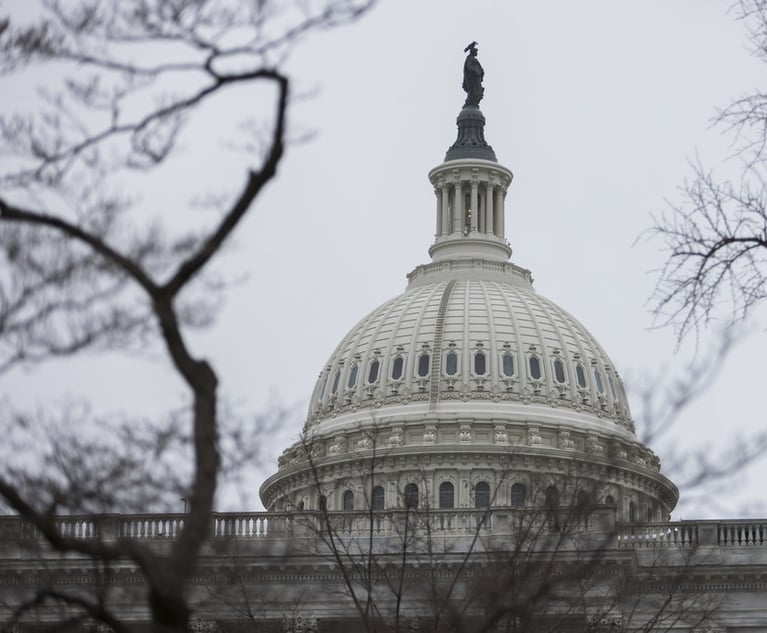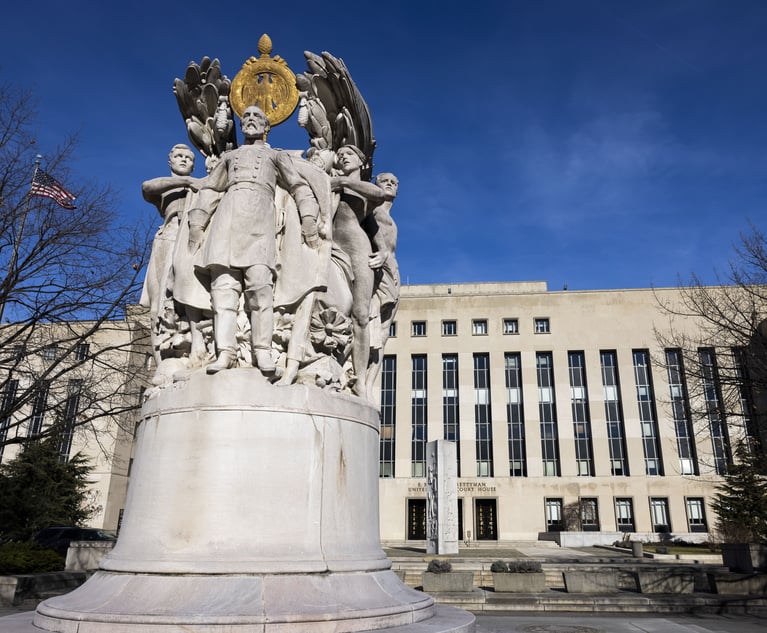The Department of Labor announced Tuesday that it will finally be implementing changes to the white-collar overtime exemption contained in the Fair Labor Standards Act.
The exemption, which generally applies to those who work in an executive, administrative or professional capacity, has not been modified since April 2004. Under the law, a person would be considered exempt from overtime at time and one-half pay if that person met each of the following criteria: the employee is paid a predetermined and fixed salary that is not subject to reduction based on quantity or quality of work under the salary basis test, the amount of the salary met a minimum amount under a salary level test and the employee’s job duties primarily involve executive, administrative or professional duties under the duties test.
Since 2004, the salary level test has been met if the employee earned at least $455 per week, which was about the 20th percentile of full-time salaried employees in the South and within the retail industry nationally.
The DOL sought to set a threshold salary where most people who made at least that much per week fell into the category of either an executive, administrative or professional employee as those terms are defined under the regulations (29 CFR Part 541). However, millions of Americans earn at least $23,660 per year and therefore were not entitled to overtime pay.
In an effort to reconcile the rule with the current economic realities, in 2016 the Obama administration proposed a change to the minimum threshold salary amount to $913 per week, or $47,476 annually. The final rule published in May 2016 was challenged in court, and ultimately the DOL was enjoined from implementing the 2016 final rule by a Texas U.S. district judge.
The DOL subsequently proposed a modified salary level of $679 per week, or $35,308 annually, which was derived using the same method as the 2004 salary level but using current statistics. After a comment period where there were over 116,000 comments, the DOL announced that, effective Jan. 1, 2020, this new minimum salary requirement for executive, professional and administrative employees will be set at $679 per week.
The DOL estimates that this change will make about 1.2 million employees who are currently exempt from overtime under the current rule entitled to overtime pay. The final rule also changes the salary threshold for the highly compensated employee, or HCE, exemption from $100,000 annually to $147,414 annually. This change is expected to provide overtime eligibility to approximately 100,000 employees who currently are considered exempt under the HCE exemption.
The DOL may face litigation related to the implementation. However, it appears that an increase to the salary threshold for white collar employees is inevitable, whether it occurs on Jan. 1 or later.
Employers are encouraged to assess their workforce now to determine what changes need to be made. The biggest changes will need to be made with regard to employees currently classified as exempt who work substantial amounts of overtime and whose compensation is now below the new salary threshold.
Note that the new rule permits employers to count nondiscretionary bonuses and incentive payments towards up to 10% of the salary threshold so long as those bonuses are paid at least annually.
Assuming these employees meet both the salary basis and duties tests, but make less than $679 per week, employers have a couple of options. First, employers can increase the employee’s salary to the new minimum. Alternatively, employers can change the employee to an hourly employee, thus making the employee nonexempt. The employee’s hourly rate can be adjusted downward to allow for additional overtime pay that the employee would now be entitled to receive.
Employers should also be on the lookout for the announcement of other final rules which will make further changes to the FLSA. A notice was issued in March which sought comments on a proposed rule amending 29 CFR Part 778 related to how an employee’s “regular rate” is calculated. The comment period has closed, and a final rule on this issue is expected in the coming months.


 Lindsay Massillon, left, and Elizabeth Johnson, Fowler White Burnett
Lindsay Massillon, left, and Elizabeth Johnson, Fowler White Burnett




